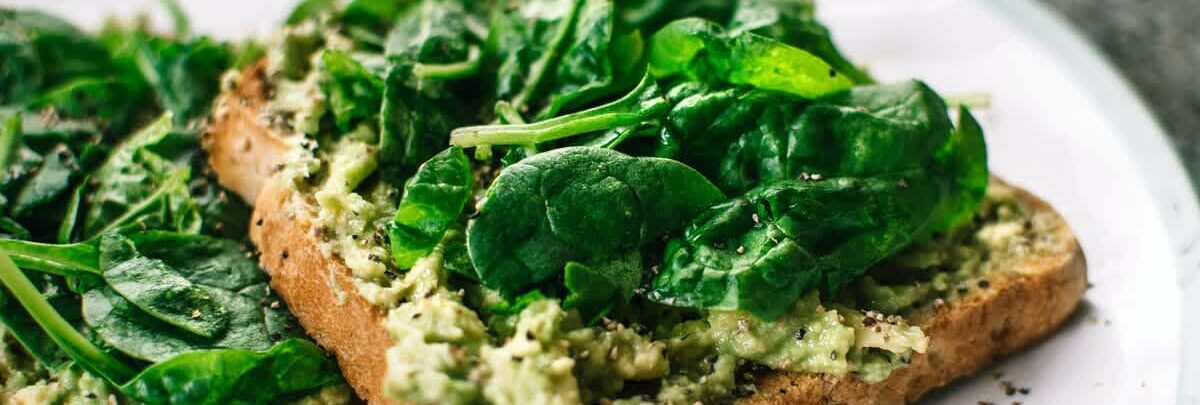Iron is a nutrient we hear quite a bit about but it’s not one which most of us actively think about in our diets. Pregnant women have their iron levels checked. Why? Low iron in pregnancy can increase the risk of pre-term birth and of having a baby with a low birth weight. Mums need to have enough iron to make their own blood and also baby’s.
Low iron in pregnancy symptoms
Iron is needed to make haemoglobin which is part of the red blood cells. We need our red blood cells to carry oxygen around our bodies. Not enough iron can lead to anaemia.
Signs of anaemia include, but aren't limited to: tiredness, having a lack of energy, being short of breath, having pale skin and noticeable heart palpitations. If you have any of these symptoms, please speak to your GP as soon as possible.
The importance of iron in pregnancy
After birth, women lose quite a lot of blood – even after an uncomplicated birth – so it is important to replenish those stores and help wounds heal.
Babies are born with iron stores to get them through the first six months, thanks to their mum, but after that they need to get it from their food.
It’s so important we know which foods contain iron to start introducing them to baby in the early stages of weaning, and to know to include them in our own diets.
Iron rich foods for pregnancy
Here are some examples:
- Fortified breakfast cereals – these are cereals which have iron added to them. Check the ingredients list. Organic products won’t be fortified with iron as it is against organic certification rules so look for a regular product.
- Liver – it's not number one on the menu for many people and it should be avoided by pregnant women due the high levels of vitamin A it contains but it is a good source of iron after you've given birth.
- Red meat – there has been lots of negative press about red meat, but red meat is a good source of iron. Choose options which have not been processed so a beef steak or mince rather than a bought burger.
- Oily fish – fish like sardines and mackerel don’t have as much iron as red meat but they do still contain a good amount. They have lots of nutritional benefits so are a great addition to the diet. Women of childbearing age and girls should not have more than two portions a week.
- Nuts – some nuts like almonds are a good source of iron. Children under five should avoid whole nuts but nut butters (without added oil/salt/sugar) or ground nuts are a good option.
- Pulses – beans, peas and lentils are a vegetarian source of iron. Soak them and rinse them beforehand to help improve the absorption of the iron.
- Green leafy vegetables do have a small amount of iron, but don’t have much. By all means, add spinach to your diet but don't expect it to cure your anaemia.
What helps absorb iron?
How much iron our bodies can get out of our food depends on lots of things. In order to help your body absorb as much iron as possible from your iron-rich foods, try the following tips:
- Try to have your foods with lots of iron at the same time as foods which have vitamin C in them such as oranges, peppers, carrots, and broccoli.
- Try not to have them at the same time as tea (because of the tannins) or dairy products (because of the calcium).
- Soak your pulses before cooking and rinse them before soaking, after soaking and before cooking. Rinse tinned pulses too.
- There are other things which affect absorption but these are the key ones we can do something about.
How much iron do I need per day?
In order to get enough, it is worth trying to have something which contains iron in your diet a few times a day. Starting your day with a fortified breakfast cereal is a good way to start. As a snack, have a handful of nuts, and with your meal later in the day, have a portion of oily fish, red meat or pulses. Don't forget to include some green leafy vegetables as part of your five a day too.
If you want help trying to make sure your diet contains all the nutrients it needs, why not book a session in with me.
This article is for information only and does not replace a health professional.
Sign up today for unlimited access:
- Book appointments
- Expert advice & tips
- Premium videos & audio
- Curated parenting newsletters
- Chat with your bloss community
- Discounts & competitions
- Special events





Leave a Comment
You must be logged in to post a comment.